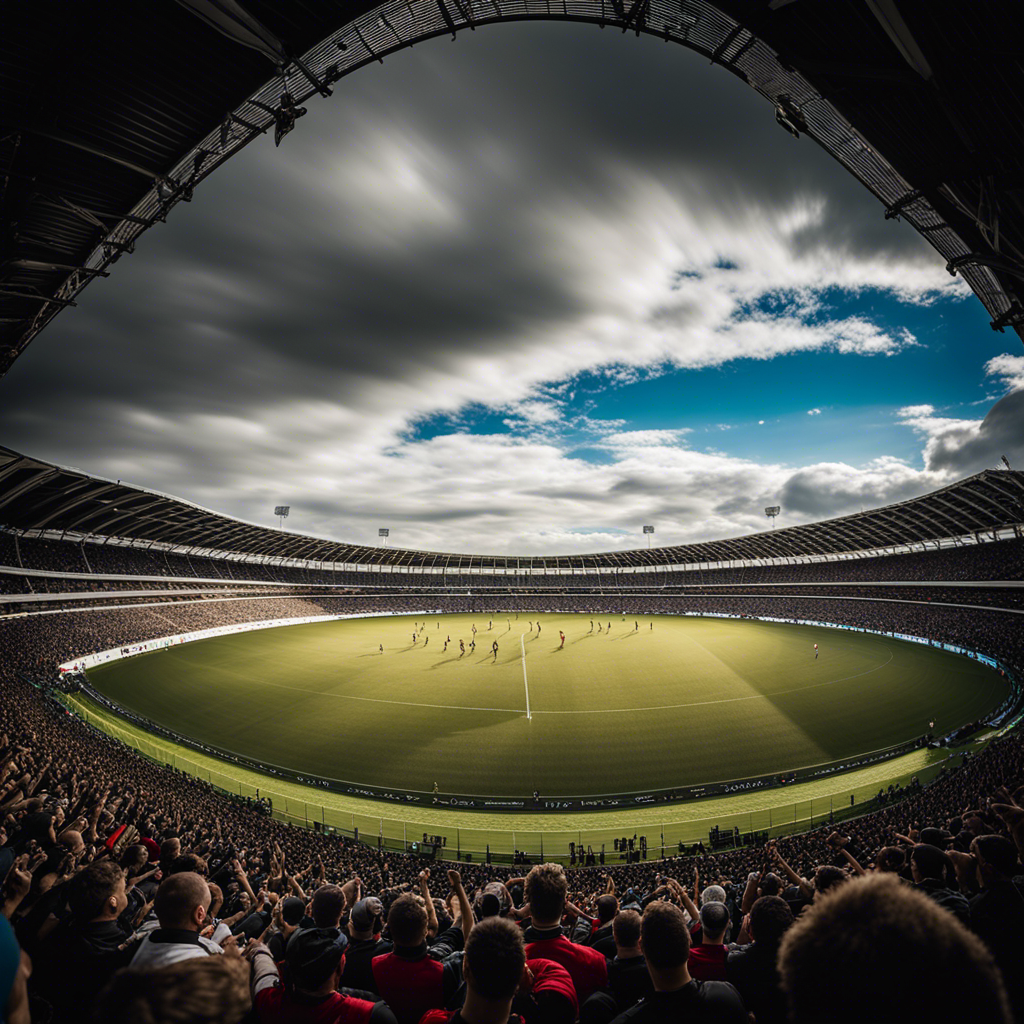The under-20 match between England and Ireland is slated for The Rec, with live telecast on BBC iPlayer and RTÉ 2 at 7.15. John Fogarty, senior scrum coach of Ireland, highlighted the importance of a well-functioning scrum, reflected by his comments following the difficult match with England at Twickenham two years ago – “No scrum, no win.” This statement stands relevant for the upcoming under-20 game in Bath this Friday.
The undefeated England team that tops the charts, coached by Mark Mapletoft, boasts a formidable scrum, touted as the best in the tournament. This is largely credited to props Asher Opoku-Fordjour and Billy Sela; the former presented challenges for Leinster whilst playing for Sale Sharks in a Champions Cup clash, and the latter will play in his home field.
Mapletoft has reenlisted his favoured second-row duo, Olamide Sodeke and Junior Kpoku who was absent from the Scotland victory. They’re coached by Stuart Lancaster at Racing 92. This shift allows team captain Finn Carnduff to return to his usual position as blindside flanker. Opting for a hefty pack due to the sticky, muddy conditions at The Rec, Jacob Oliver, the hooker and centre Ben Waghorn have been added to the starting lineup. The remaining team members from last season, who witnessed Ireland’s victory at the Grand Slam defeating England at Musgrave Park, are Carnduff and Opoku-Fordjour.
Regarding Ireland’s coach, Mapletoft stated, “I hold great respect for Richie [Murphy]. His team has built an outstanding programme, which we’re excited to host and fuel further development.”
Murphy has decided to revamp the entire front row and reintroduce Alan Spicer to the second row, permitting Joe Hopes to transition back to blindside flanker. Meanwhile, scrum coach Aaron Dundon’s task lies in minimising the potential impact of Ireland’s previously evidenced scrum issues observed in their matches against France and Italy.
As Willie Faloon, the defence coach, emphasised, there’s only so much that can be done within a restricted period. “We operate under a strict timeline this week with much to be accomplished. However, we must be cognizant not to drain our players too much, as we need them at full strength on Friday. We therefore continued our standard preparations.
“We’ve seen plenty of action from our competitors now that we’re three games deep into the competition, though the vast amount of footage can sometimes be overwhelming. These two squads have faced each other five times in the past three years across various competitions like the Six Nations in Italy, the Junior World Cup, and other Six Nations tournaments. So, we’re quite familiar with what we’re dealing with.”
Historically, Irish teams have managed to come out victorious in such scenarios, managing to defeat physically superior opponents and tearing down reputations. But this victory might demand a performance surpassing their previous impressive win against the French in Aix-en-Provence. It necessitates precision and discipline.
Faloon stated, “We’re a youthful team that likes to play with a liberated spirit and experiment on the field. We could improve our accuracy in certain aspects, which is quite a standard expectation for the group we have.”
The Irish need to stand their ground with the same bravery as they had in previous games, making sure to pursue the extensive game plan characteristic of Murphy teams. With remarkable talents such as centre player, Hugh Gavin, who is known for his role behind the scrum, achieving victory will require substantial input from all 23 team members.
Keeping the English team from having scoring opportunities is paramount. The home team will supposedly start as favourites–justifiably so–but the prior matches did reveal some weaknesses, mostly in midfield. If Ireland manages to secure a win and aims for a third consecutive Grand Slam, it would potentially equal the best successes at this level.
The English squad is made up of B Redshaw from the Newcastle Falcons, T Cousins of the Northampton Saints, B Waghorn and S Kerr from Harlequins, and A Willis from Sale Sharks. The team also includes J Bellamy of Harlequins, A McParland from the Northampton Saints, A Opoku-Fordjour from Sale Sharks, J Oliver of the Newcastle Falcons and B Sela from the Bath Rugby Club. Other team members are Ó Sodeke from Saracens, J Kpoku of Racing 92, F Carnduff from Leicester Tigers who is also the team captain, H Pollock of the Northampton Saints, and N Michelow from Saracens. The substitutes include J Isaacs from Saracens, S Kirk from Bath, James Halliwell of Bristol, Z Carr from Harlequins, K James from Exeter Chiefs, B Douglas from Newcastle Falcons, G Makepeace-Cubitt from Rams, and Ó Spencer from the Newcastle Falcons.
In contrast, the Irish squad includes B O’Connor from UCC, F Treacy of Galwegians, W de Klerk from UCD, H Gavin from Galwegians, and H McLaughlin of Lansdowne. Other members are J Murphy from Clontarf, Ó Coffey of Blackrock College, A Usanov from Clontarf, D Sheahan of Cork Constitution, and J Boyd from QUB. The squad also includes A Spicer from UCD, E O’Connell from UL Bohemian who is the captain, J Hopes from QUB, B Ward from Ballynahinch, and L Murphy from Shannon. The substitutes include H Walker from QUB, B Howard from Terenure College, P Bell from Sale Sharks, B Corrigan from Old Wesley, S Edogbo from UCC, T Brophy from Naas, S Naughton from Galway Corinthians, and D Colbert from Dublin University.

